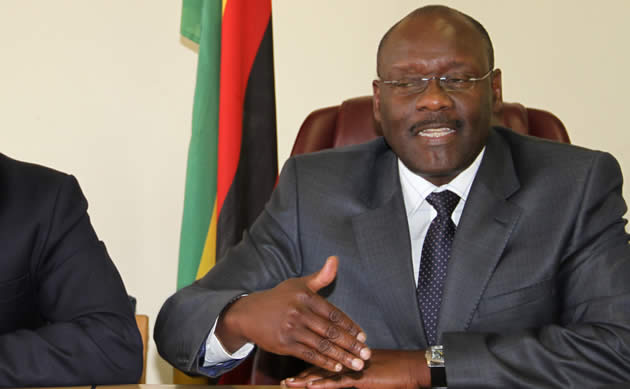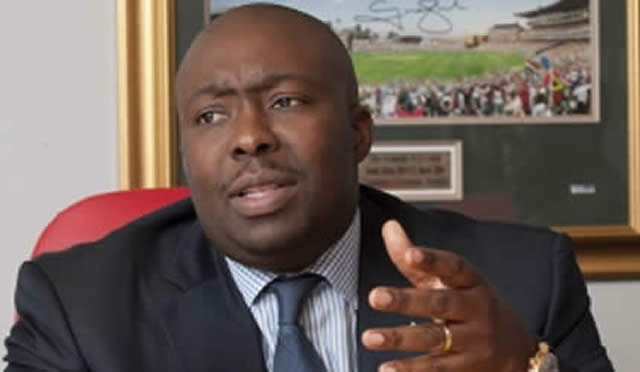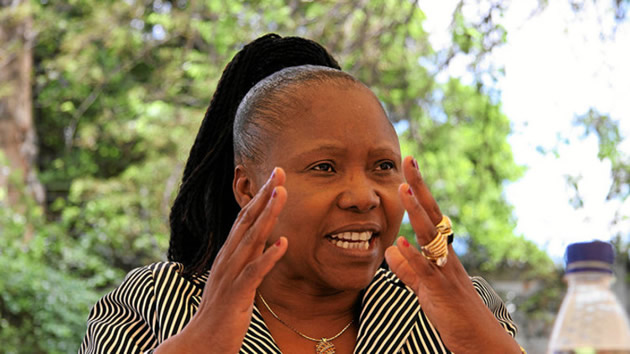No more strikes, health workers told

Paidamoyo Chipunza Senior Health Reporter
The health sector is an essential service and its employees will not be allowed to strike as Government moves to implement provisions of the new Constitution, Health and Child Care Minister Dr David Parirenyatwa said yesterday.
Responding to questions on newly-introduced contracts for junior resident medical officers, Dr Parirenyatwa said Government was simply interpreting the law, but health workers still have room to air their grievances through appropriate channels.
“Any grievances are allowed to be aired, but what is happening now, the new Constitution says that the health sector is an essential service and that is what they should read and that what we are interpreting into this,” said Dr Parirenyatwa.
Government through the Health Services Board (HSB) introduced contracts for JMROs, which they finally signed last week following intense negotiations.
Part of the contract states that the JRMOs were not allowed to go on industrial action because they were deemed an essential service.
According to Statutory Instrument 137 of 2003 of the Labour Relations Act, essential service means, “any service the interruption of which endangers immediately the life, personal safety or health of the whole or any part of the public and that is declared by notice in the Gazette made by the Minister after consultation with the appropriate advisory council, if any, appointed in terms of section 19, to be an essential service.”
Health employees deemed to provide essential services in line with SI 137 of 2003 include doctors, nurses, pharmacists, ambulance drivers, radiographers, physiotherapists, pharmacy technicians, x-ray operators, rehabilitation technicians, dental therapists and medical laboratory scientists.
“Anybody in the health sector is an essential service and they must now refer to that constitutional provision, but we always want an articulation of their views through the appropriate bodies and associations,” said Dr Parirenyatwa.
He commended the recent crop of junior doctors for finally signing the contracts of employment saying it protected both the employer and the employee contrary to claims that the contracts were introduced to gag the junior doctors from airing their views.
“I don’t think that they have been muzzled and I think that it is important that we had a good way forward, we now have a contract, which they can refer to,” he said.
Health Services Board spokesperson, Mr Nyasha Maravanyika, said all sticking points that were delaying signing of the contracts since March 1 were ironed out.
Mr Maravanyika said these include issues on maternity leave, salaries and practicing certificates.
“Most of the issues were administrative and they have since been solved through their respective human resource managers.
“The issue on issuance of practicing certificates after completion of the two year housemanship is outside the realm of HSB, but is dealt with by a different board all together,” he said.
“We are happy that the junior doctors have finally signed the contract and have understood that it is a framework that was put in place to protect their profession,” said Mr Maravanyika.
Asked on the suspension of the four Zimbabwe Hospital Doctors Association (ZHDA) executive, who were suspended in February this year, Mr Maravanyika said all the four have since been reinstated.
“They have all been reinstated, but one of them was charged and will soon appear before a disciplinary hearing,” he said.












Comments